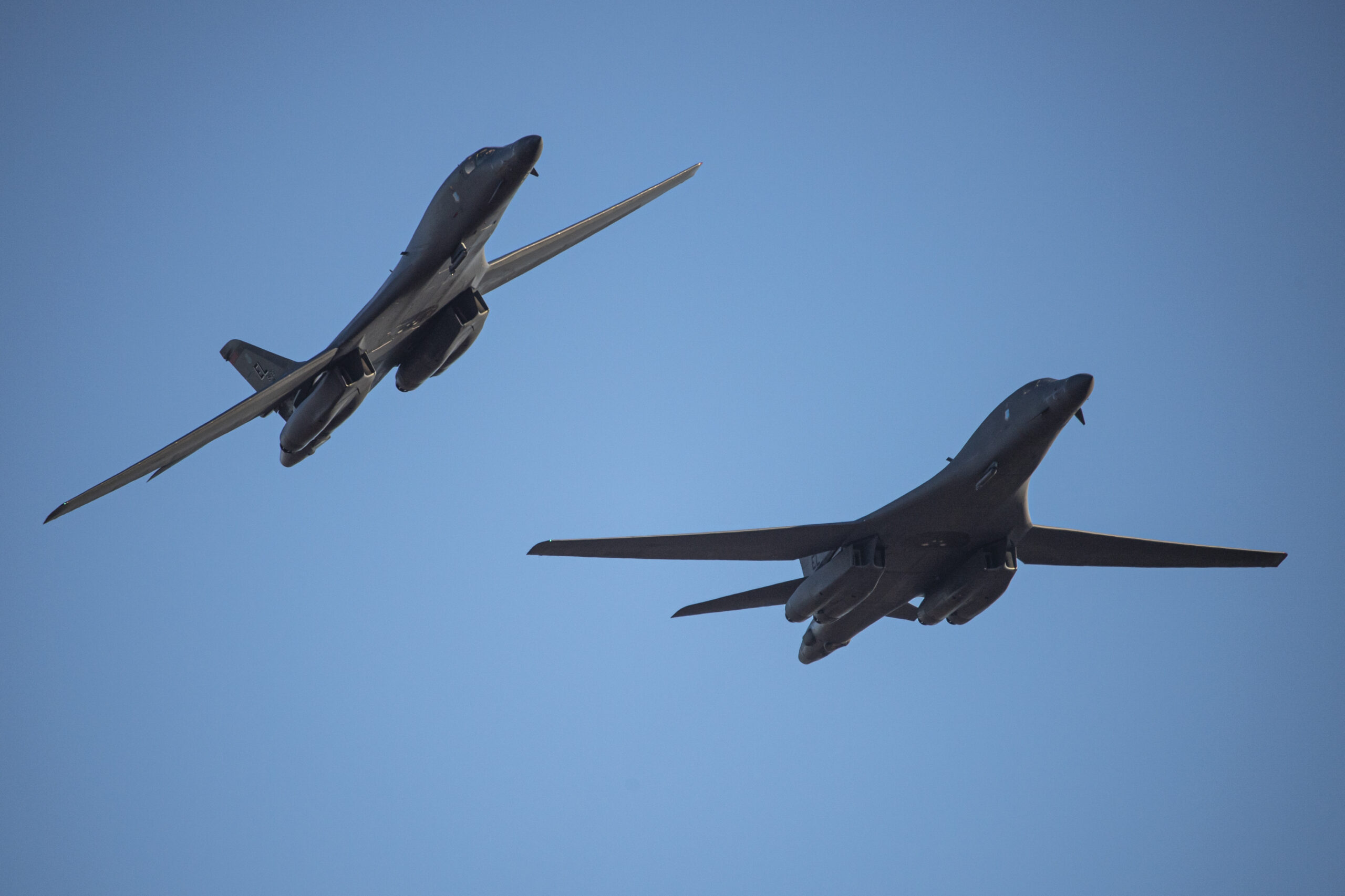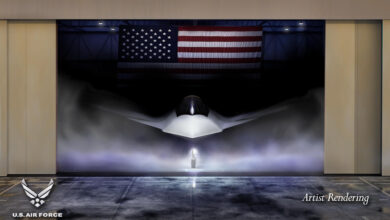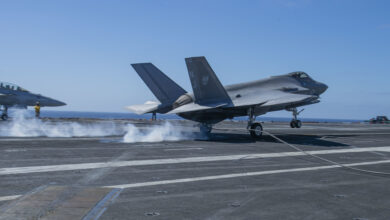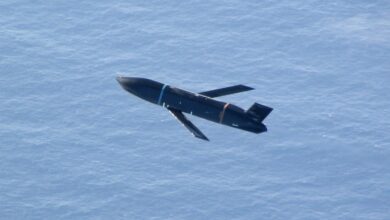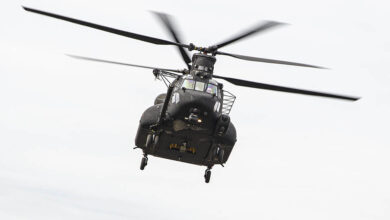The US Air Force has approved the temporary transfer of 17 B-1 Lancer supersonic heavy bombers from South to North Dakota in support of renovations for the incoming B-21 Raiders.
The relocation will give way for a large runway construction project at the Lancer’s command center, Ellsworth AFB, South Dakota, which will also house the next-generation Raider bombers.
Included Lancer units will be stationed for 10 months at Grand Forks AFB, North Dakota, with the first planes to arrive this December to assist maintenance before the full B-1 fleet’s arrival next year.
B-1 operations led by Ellsworth’s 28th Bomb Wing will continue alongside the Grand Forks’ primary capability, RQ-4B Global Hawk intelligence, surveillance, and reconnaissance aerial drones, supervised by the 319th Reconnaissance Wing.
The air force advised that locations near Ellsworth, particularly the Red River Valley, will experience heavy traffic consisting of construction equipment and military trucks as well as increased aerial noise throughout the fall and winter.
“The runway construction at Ellsworth AFB is a key milestone in ensuring we’re ready to receive the B-21 Raider,” 28th Bomb Wing Commander Col. Derek Oakley explained.
“This project illustrates the US Air Force’s commitment to our nation’s newest long-range strike bomber and to the surrounding community.”
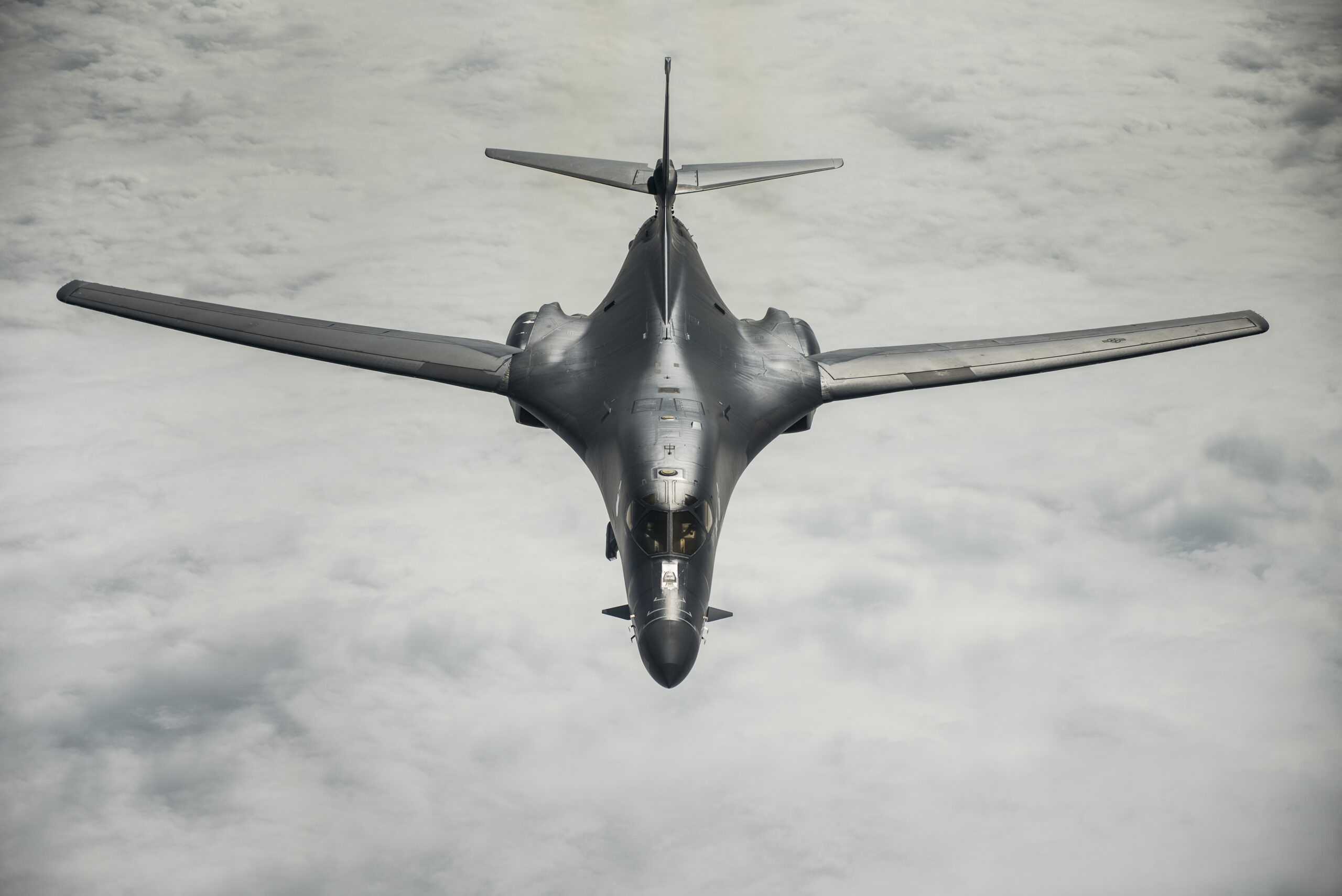
US Air Force’s B-21 Program
Other infrastructure works that will support the B-21 Raiders at Ellsworth encompass specialized hangars, sustainment hubs, radio frequency stations, and a weapons training center.
In September, the air force revealed two additional installations in Missouri and Texas to house more of the future bomber.
The service is projected to acquire up to 100 Raiders starting in 2027 to bolster America’s long-range strike and nuclear deterrence posture.
The program already completed the aircraft’s maiden flight in 2023 and is now under low-rate initial production.

The Northrop Grumman Raider Aircraft
Manufactured by Northrop Grumman, the US Air Force’s B-21 Raider measures 54 feet (16 meters) long and has a wingspan of 132 feet (40 meters).
It has an empty weight of 70,000 pounds (31,751 kilograms) and a maximum weapon load capacity of 20,000 pounds (9,072 kilograms).
Although undisclosed, several sources estimate that the aircraft will have twin engines based on the generator installed in the F-35 Lightning II fighter jet for speeds of more than Mach 0.8 (614 miles/988 kilometers per hour).

